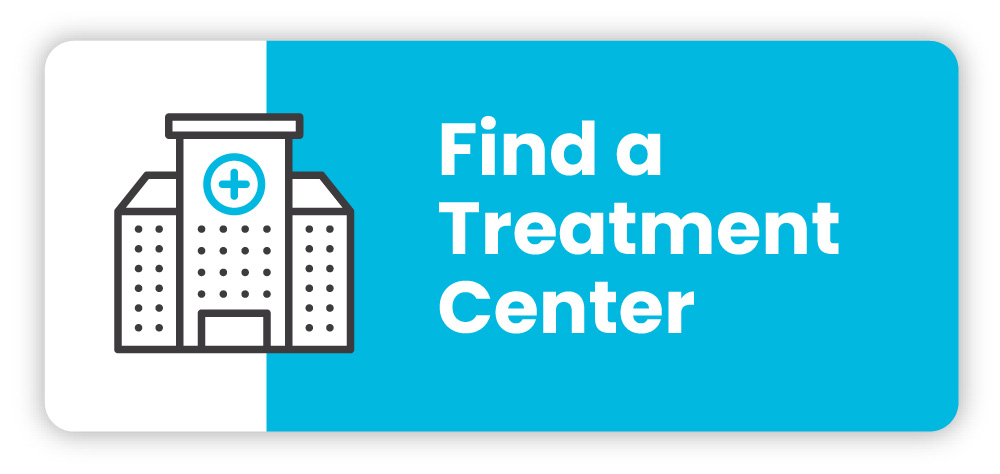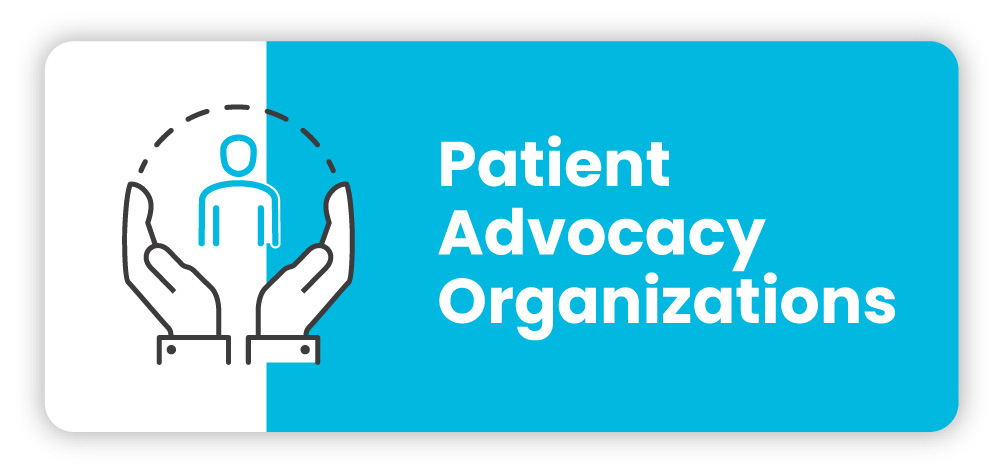Laurence’s breast cancer story, from screening to radiotherapy treatment
Laurence, a mother of two daughters, and a young grandmother of two, aged 6 and 2 years, was diagnosed with cancer during Pink October 2024 after “simply” deciding with colleagues to all have a mammogram as part of breast cancer screening awareness month! At her last radiotherapy session at Metz-Thionville hospital, she told us about how she felt about the diagnosis, what treatments she received and how she sees each step of her treatment journey.
Can you tell us a bit about yourself and how you found out you had breast cancer?
My name’s Laurence and I’m 58 years old. I’m a senior healthcare executive and project manager at Thionville East CPTS (territorial professional health community), working in areas such as prevention and communication to help elderly and frail people. Outside of my professional life, I have various responsibilities as president of the association called, “The Lorraine Initiatives of Change,” and vice-president of the National Association of Members of the Order of Merit for Thionville and the surrounding area.
In 2024, I worked at Mont-Saint-Martin hospital for 4 months as a temp. The hospital was taking part in the Pink October campaign. Some colleagues and I decided to get involved and all went for a mammogram. It resulted in an unpleasant surprise as the doctor came to tell me that the mammogram had shown something suspicious. He immediately prescribed an ultrasound to check and said I needed to have a biopsy. I had an appointment the following week. He took three biopsy samples. Three weeks later, the results came back: they were positive for all three samples.
What was your reaction?
I was really sad when I received the diagnosis, but eventually I felt reassured.
How did your treatment go?
The care I received was outstanding. I went to the Lorraine cancer centre where the people were fantastic. There was a calm atmosphere and everything was designed to make you feel welcomed, listened to and heard. The healthcare professionals took the time to answer my questions, and the further I went in my journey, the more reassured I felt as I was so well taken care of. I saw the surgeon and the surgery date was set for the 29th of January 2025. It was an outpatient procedure and, again, everything went really well. They explained everything that I would undergo until the anaesthesia. Everyone in the operating theatre was really calm, which was reassuring.
How did your radiotherapy treatment go with the Radixact® System?
How many sessions have you had and how do you feel about your treatment with the Radixact® System?
I was lucky for it to be diagnosed so early. I had 15 sessions all together and today’s the final one. I’ve been practising meditation and relaxation techniques for over 20 years, which may have helped me a lot. I didn’t feel anxious or apprehensive and I motivated myself by telling myself that I needed to do what the professionals were asking me to do. I did what I could for as long as possible, telling myself that by not breathing, by holding my breath, the rays would reach the exact place they needed to, perhaps without touching my surrounding organs.

How do you feel after your radiotherapy sessions?
I feel good. I tell myself that each time a round of treatment is finished it’s another step towards healing and I feel calm. I’m starting hormone therapy tomorrow and the doctor tells me it’s for 5 years, so again, I hope everything goes well and that I’ll cope OK with the treatment, and ultimately, I’d like to mention that radiotherapy is extremely tiring. I don’t think I’ve ever slept as much as in the last month. But sleeping is what allowed me to feel calm and able to continue with my work and association commitments. I was sleeping 8 to 10 hours a night. It seemed important to me. As a healthcare professional, I’ve worked in oncology. A few years ago, I took care of patients receiving radiotherapy and chemotherapy. And I wondered how it would affect my skin. In fact, it was fine. I made sure I put cream on every night. I reapplied it after the sessions and in the evening and haven’t had any skin problems.
Did you remain active during the treatment?
Yes, I made the decision not to take sick leave. I decided to carry on working. I did a lot less than usual, but I wanted to continue working and doing a bit of my voluntary work.
What would you tell patients receiving the same treatment?
There is always hope that we are moving towards recovery.



